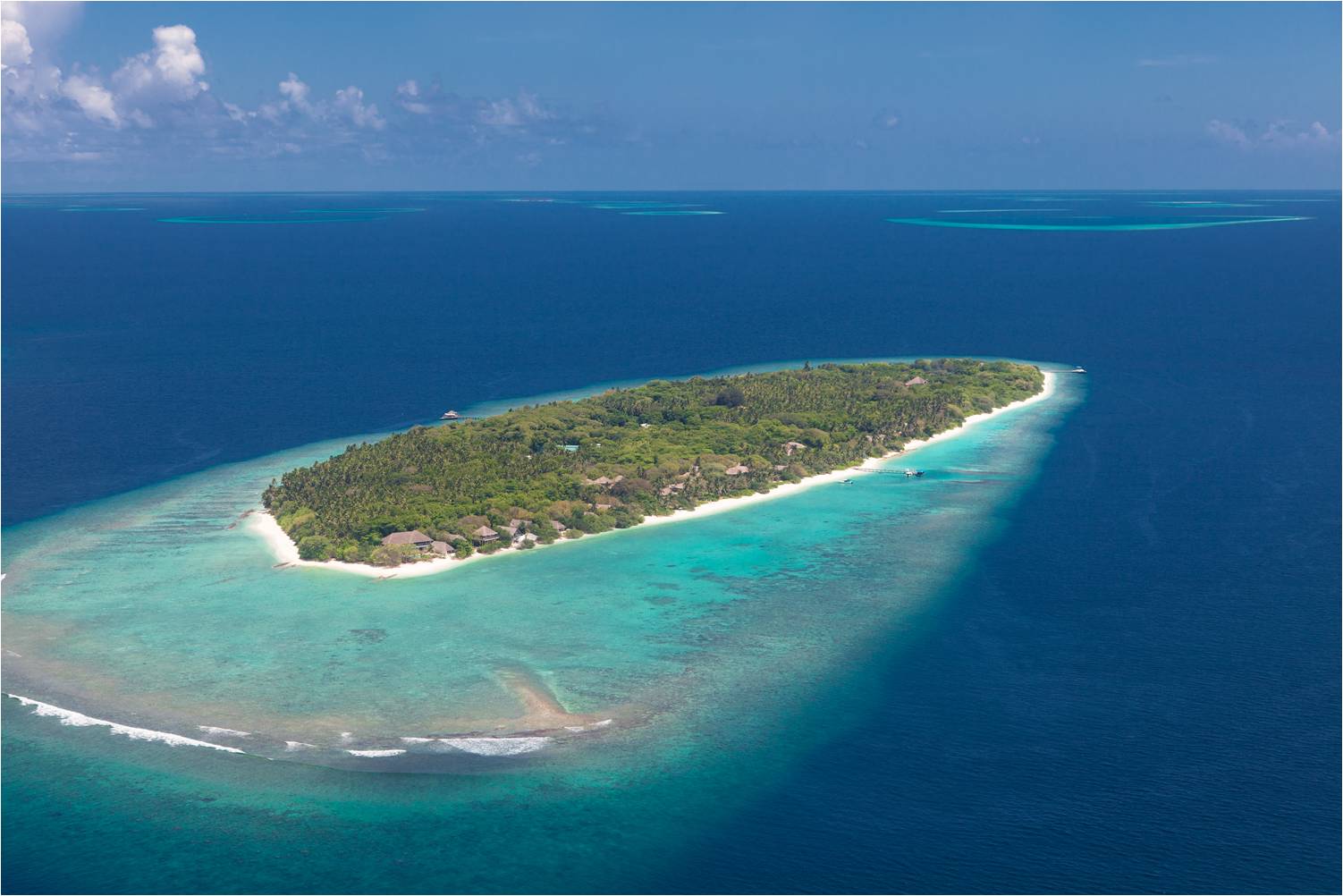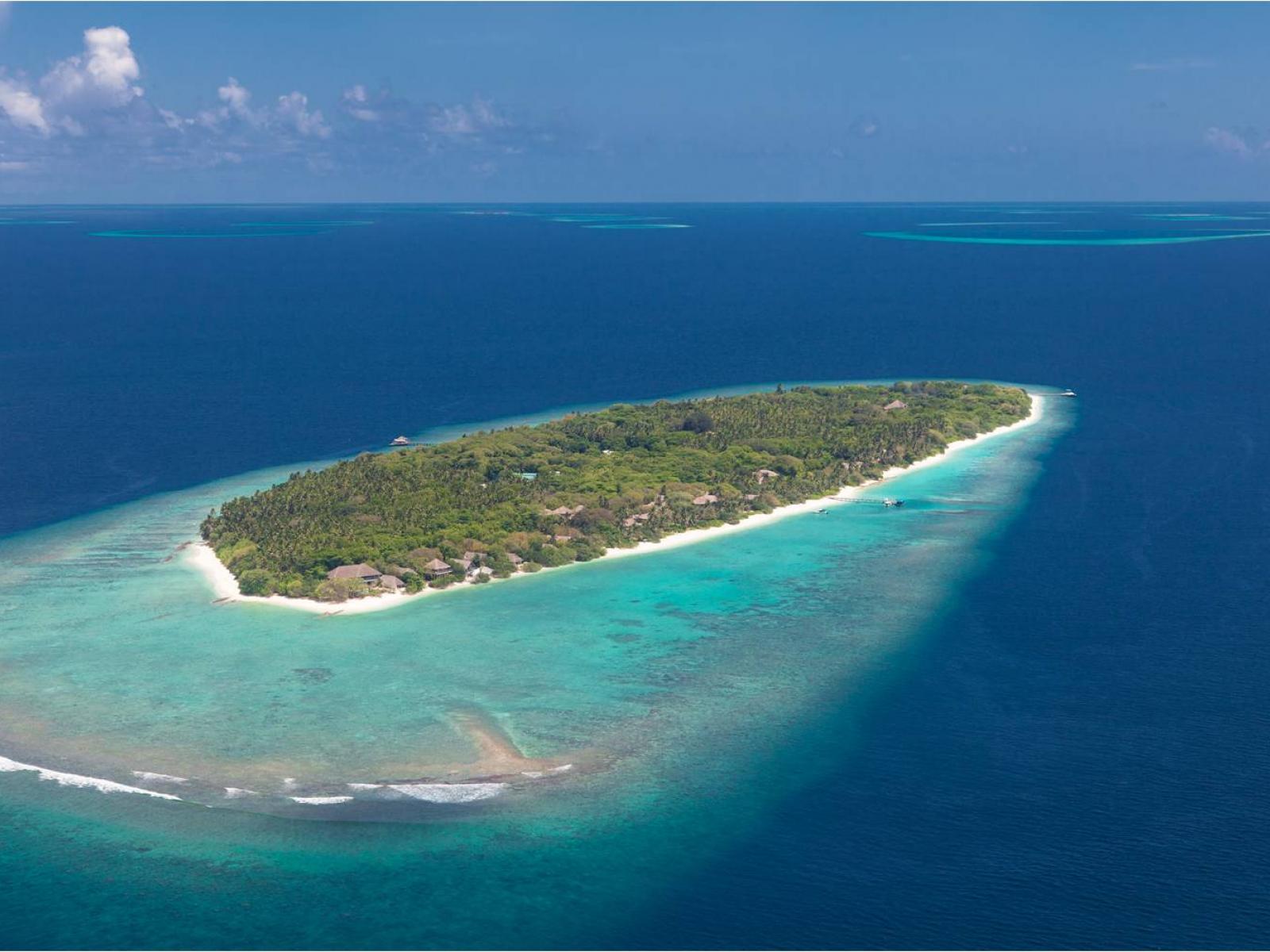An Overview Of Our Solution
- Population Impacted:
- Continent: Asia
Organization type
Population impacted
Size of agricultural area
Production quantity
People employed
Describe your solution
Describe your implementation
External connections
What is the environmental or ecological challenge you are targeting with your solution?
Describe the context in which you are operating
The Maldives consists of 1200 islands, of which 200 are home to local populations and 120 are exclusively for tourist resorts. In addition to these, around 50 islands (1300 hectares) have been leased for agricultural production. Most islands are between 5-50 hectares in size. Total available arable land is estimated to be 4000 hectares.
The potential for agriculture in the Maldives is limited by the scarcity of farmable land, the high cost of fresh water for irrigation, and the challenge of transporting produce to disparate local markets. However, with over 90% of food, as well as pesticides and fertilizers imported at huge expense from neighbouring countries, there is a pressing need to improve food security through more efficient and sustainable local production. Soneva Fushi is demonstrating how appropriate recycling and organic farming can improve soil fertility and biodiversity, while developing intensive growing methods for high-end produce that appeal to the resort industry.
How did you impact natural resource use and greenhouse gas emissions?
Language(s)
Social/Community
Water
Food Security/Nutrition
Economic/Sustainable Development
Climate
Sustainability
The organic gardens at Soneva Fushi are funded through the Waste to Wealth department of the resort. By selling fruit, vegetables and mushrooms to the kitchens, the team is approaching breakeven in its own right, turning the gardens into a profit centre for the business. Likewise, the Eco Centro waste management team is generating revenues through the sale of charcoal, compost etc. We anticipate that within a year the Waste to Wealth department will reach its goal of becoming profitable all year round so that we are no longer reliant on the resort to fund our operations.
Return on investment
Entrant Banner Image

